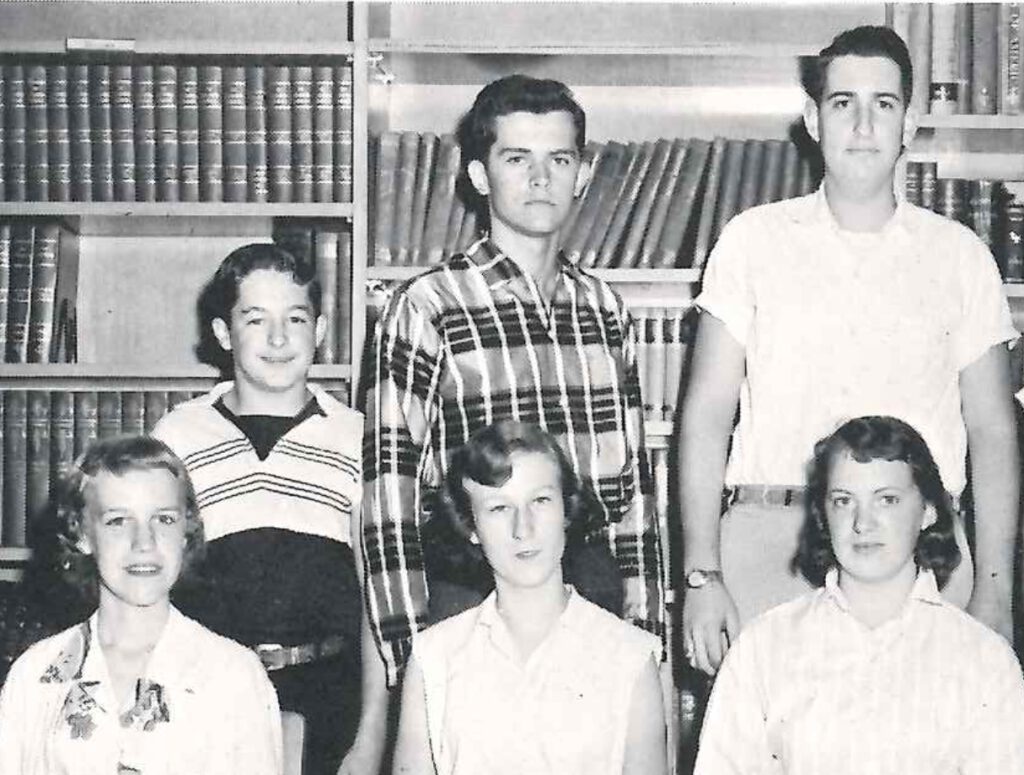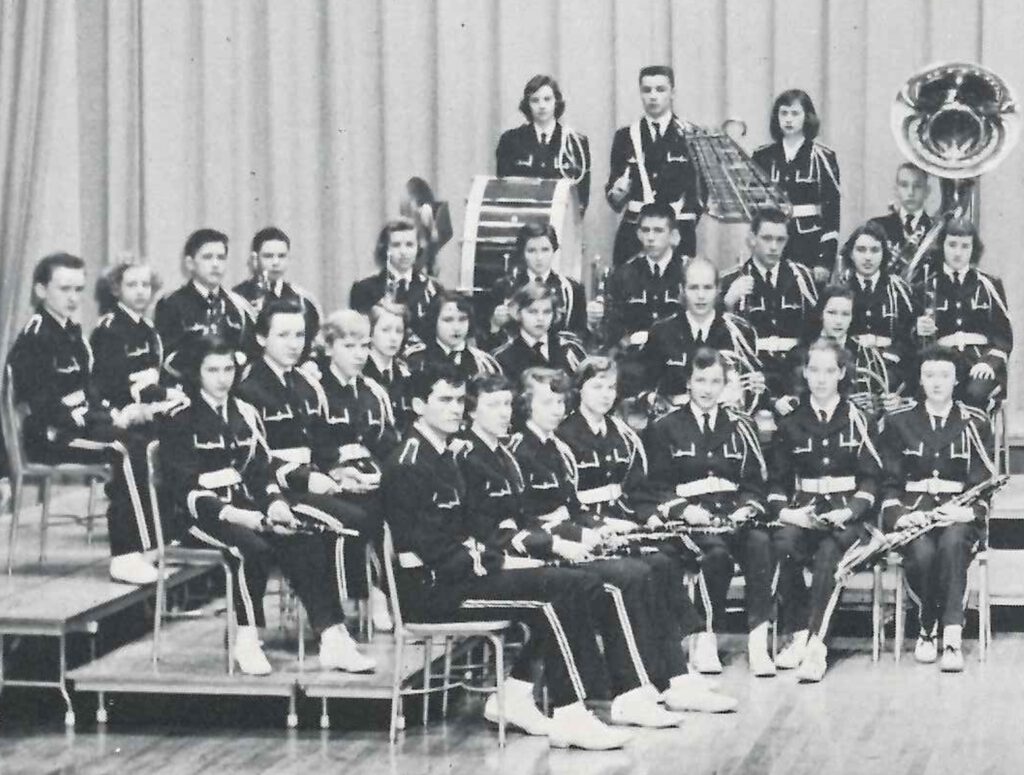Dad and His Clarinet
Dad’s musical career began when he was 5 years old. His parents instilled in him the importance of music at a very young age. To begin, he was taught the piano by his mother, my Grandma, Irene. He remembers she was extremely good – so good, he said, she could have been considered a concert pianist. After the piano, Dad was introduced to the violin. His father had played the violin as well, so it was a logical next choice. And, he got to be pretty good. Before leaving Philadelphia in the 6th grade, Dad played the violin with the Philadelphia Youth Orchestra at 9-10 yrs old, which is regarded as one of the best youth orchestras in the world and is often compared to many professional orchestras.

There was no denying, Dad had a talent for music. He just hadn’t found an instrument he loved. So when High School came around, Dad asked his parents to let him to try out a new instrument. But his father refused. He said he wasn’t going to spend any money on a new instrument for Dad to quit like he did both the piano and violin. But, Dad was determined. He was determined to prove his father wrong. He was going to show him that he could learn a new instrument and learn it very, very well. So, he went to his High School music room and spoke to the music teacher about what was available. Much to Dad’s surprise, he discovered they rented out instruments. The only instrument they had at the time was the clarinet, so Dad checked it out and with that, a 4 year love affair was born.
Dad would play the clarinet every day from 9th–12th grade and he was good. His 1st year, he made the regional band and then played in the state band for the following 3 years. He took lessons from his music teacher and band instructor, Mr. Maybury. However, Mr. Maybury only taught Dad for a few weeks before telling his parents he’d taken Dad as far as he could. If they wanted Dad to pursue the clarinet any further, he would need to study under better teachers. So that’s what Dad did. His clarinet career took him first to Coatesville, PA to study under Tommy Donahue. From there he went to the Settlement House in Wilmington to study under Jack Ratterree, the 2nd chair in Boston Symphony Orchestra.
During Dad’s junior year of high school (1958), it became apparent as he was progressing with the clarinet, that his old high school loner instrument wasn’t going to get him very far. So Jack connected Dad with Hans Moennig, artisan clarinet repairman of Philadelphia. Dad’s father was able to purchase from Moennig a one-of-a-kind clarinet originally made for the top clarinet player in the Navy Band, who for some reason never took delivery of it and furthermore ended up perishing in a tragic plane crash over Rio de Janeiro, Brazil in 1960. Dad’s still not sure how much his Dad purchased it for, but he estimates it could have been thousands of dollars.

“The music was important,” Dad told me, “It was something I worked for and did all on my own.” And the years of tireless learning and playing had finally come to a head, his senior year of high school when he was made concertmaster of the 1958 Pennsylvania State Band. The concertmaster, or “first-chair”, is the instrument-playing leader of the orchestra. After the conductor, the concertmaster is the second-most significant leader in an orchestra. They lead the orchestra in tuning before concerts and rehearsals, and other technical aspects of orchestra management. This one concert as the concertmaster was the pinnacle of Dad’s music career (as he puts it).
It all started with Dad having something to prove. He wanted to prove he could learn the clarinet and play it better than most could. He worked so hard and achieved so much, but never heard his father say how proud he was of him. But then, to his surprise, after that final concert senior year, he saw his father, standing in the middle of the isle as folks were leaving. Although he never heard the words, seeing him there, Dad knew. Still to this day, it chokes him up telling this story. But that day Dad knew he had made his father proud.